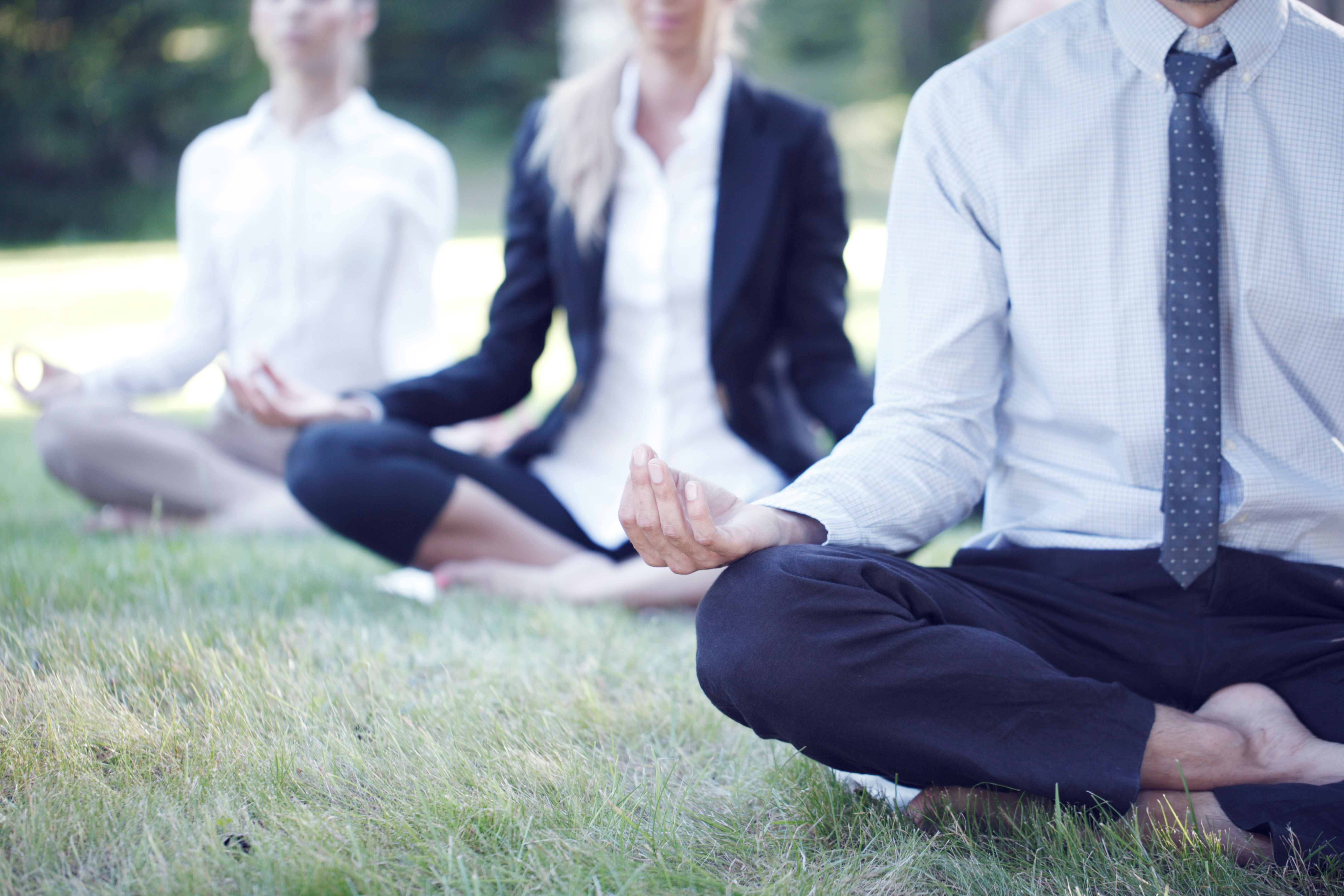Have you ever heard any hard-hitting workaholic say, “You can sleep when you’re dead”? I think we have all heard that quote from someone at some point. I just went down a bit of a google rabbit hole trying to find someone to attribute that quote to, and the best I could find is this from forefather Benjamin Franklin himself, “…there will be sleeping enough in the grave.”
This frame of mind makes a couple of pretty faulty assumptions. The first is that dead people sleep. Is there any actual evidence that death involves anything close to sleep? The second is that living people don’t need sleep. Thanks to years of research and fantastic advocates like Arianna Huffington through her book Thrive, we all know now that human beings perform better, are healthier and live longer when they get enough sleep.
And yet even people working in the health, wellness, fitness, and nutrition industries sometimes still neglect this very important human need. Dan Kuschell was once such a man. He has built more than 11 companies since 1992. His first mentor in business once said to him the exact quote at the top of this article. “He told me the way to get an unfair advantage was to always work harder and longer than anyone else.”
During his early years in business, Dan regularly worked up to 100 hours in a week by sleeping only 2-4 hours per night. He did that for over a decade before he crashed into a major health issue in 2007. It was the same week his son was born that he ended up in the hospital with a heart condition that required surgery. As he signed the document that informed him that he only had a certain chance of ever waking up again, he knew it might be too late to get the chance to change. Luckily the procedure was successful and Dan took the warning to heart. He sold two of his businesses and took a couple of years off to focus on health, family, and to figure out exactly what in his life was most important to him. The three questions he asked himself to move towards recovery were:
-
What do I want? (This is not what do my business partners, my employees, my wife, my kids or anyone else wants – this is just what do I want, unto myself. I am a recovering people pleaser, so I spent most of my life asking what other people wanted.)
-
Who am I? (Not just in relation to his business but personally as well)
-
What do I stand for?
When Dan recovered his health, mainly by sleeping, and felt ready to go back to work again, he knew he had to build in some boundaries to protect himself from his own workaholic tendencies. Here is how he did it.
“I bookend my days with healthy habits that fill me with something positive in these six areas: physical, mental, spiritual, emotional, financial and social.”
What does this look like in practice? It starts with his morning ritual and ends with an evening one. His morning routine starts early with exercise, then reading or listening to an audiobook. Next, he does some writing and eats a healthy breakfast. At the end of the day with his family, they usually talk through the answers to several questions over dinner. What kinds of questions do they ask each other? What are you grateful for today? What are you happy about today? What did you do well today? What mistakes did you make today? And what did you learn from those mistakes? “We don’t do it in a certain order or robotic fashion, but we try to touch on all of these themes. The funny thing is that my kids’ favorite question is the one about the mistakes.”
As long as Dan starts and ends his days in this fashion, keeps his standing weekly dates with his kids and his wife, and gets at least 7 hours of sleep per night, just about anything can happen in between those bookends without it really affecting him too much. “We all have ups and downs in our businesses. Everyone has bad days now and then. But as long as I started my day with those positive practices and end my day focused on gratitude, happiness, accomplishments, and learning, I can still consider it a good day.”
I love this idea of buffering either side of the workday with positive personal and family activities so that even a really bad day at work can still end up being a good day overall as long as you still take care of yourself and spend time with those you love most.
Want to learn more about how Dan now helps other people build their businesses for health, not just success? You can learn more right here.


